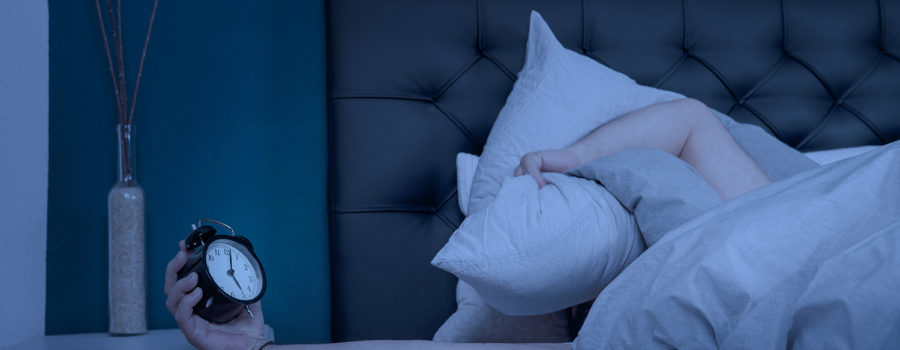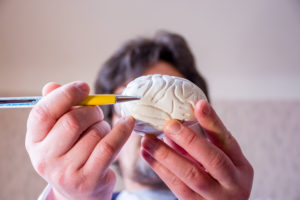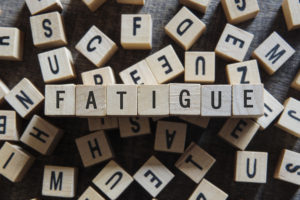We all live according to our circadian rhythm, a near 24-hour internal clock that controls how our body’s functions change throughout the day. Your cognition, metabolism, sleep-wake cycle, and many other functions all follow a circadian rhythm. The master clock in your hypothalamus keeps track of time by queues such as light and darkness, physical activity, and mealtime schedule. The rest of your body is synchronized with the master clock in your hypothalamus through neural and hormonal signals, such as adrenocorticotropic hormone (ACTH) and cortisol, that cycle throughout the day.
Source: Hormone Health Network
Read Original Article





